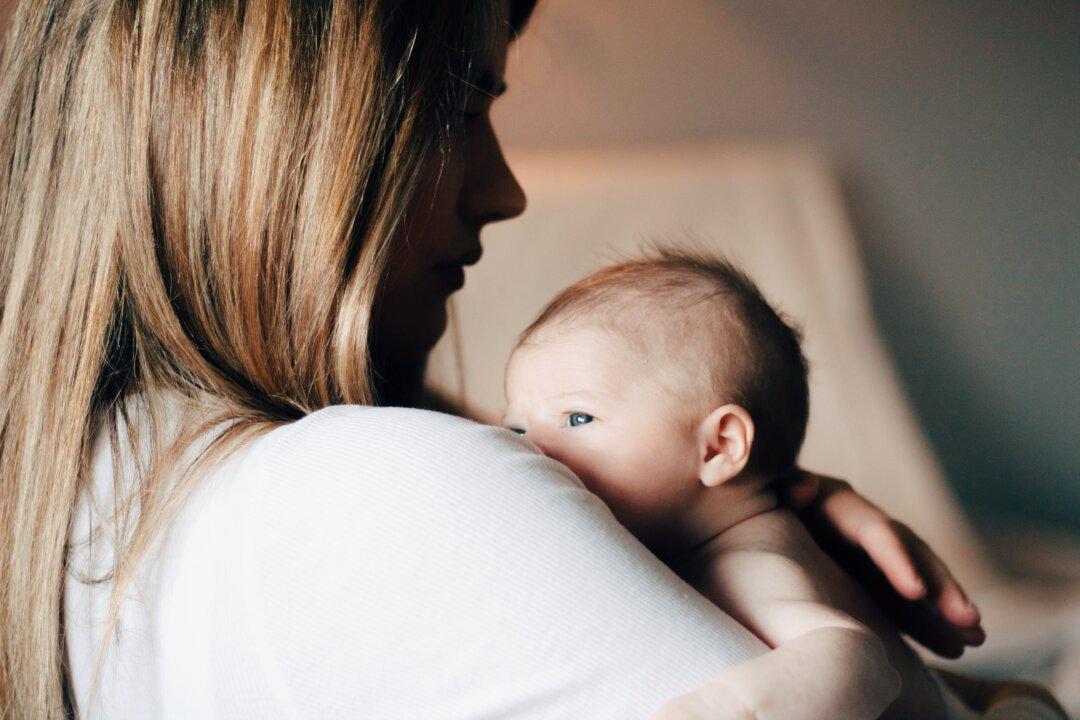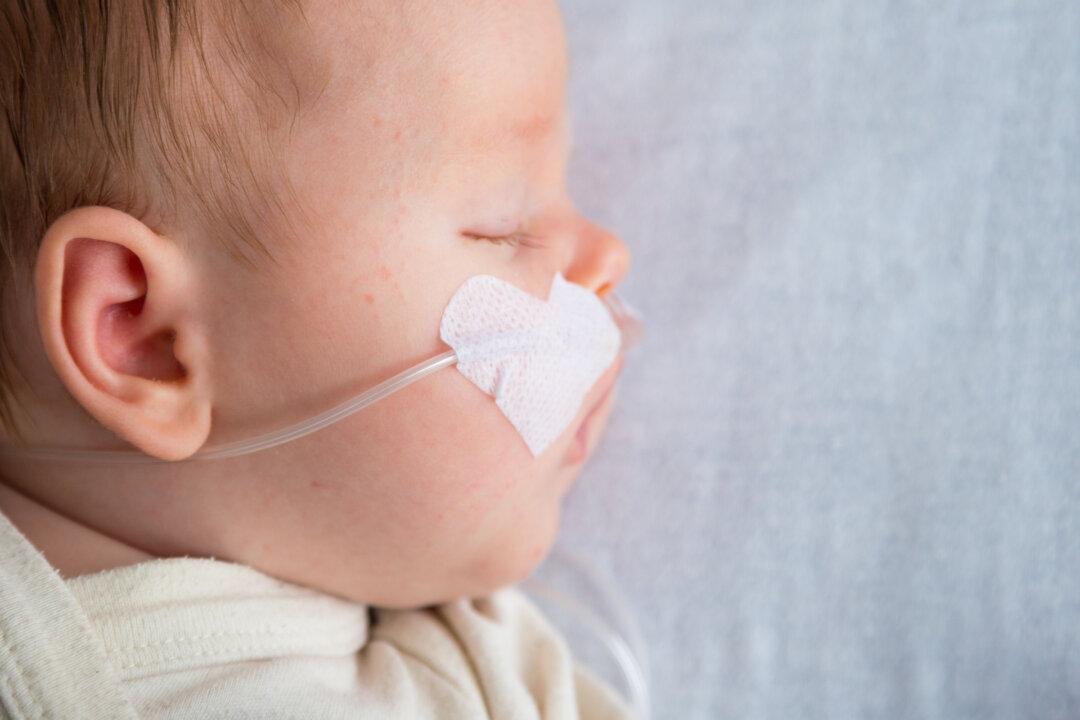While COVID-19 and influenza continue to make headlines, another contagious respiratory virus has been spreading at an alarming rate, one which can be severe and even life-threatening to infants and toddlers.
Indeed, respiratory syncytial virus, or RSV, is so common that nearly 100% of children have been infected with the virus by age two. It’s also the leading cause of hospitalizations in all infants. While most people, including infants, develop only mild symptoms, for some, it can progress to severe complications. Despite these facts, many parents have never heard of RSV. This is why the American Lung Association with support from Sanofi Pasteur, is working to educate expectant mothers, parents and caregivers about RSV’s symptoms, when to contact a healthcare provider, and the steps they can take to protect themselves and their children.





